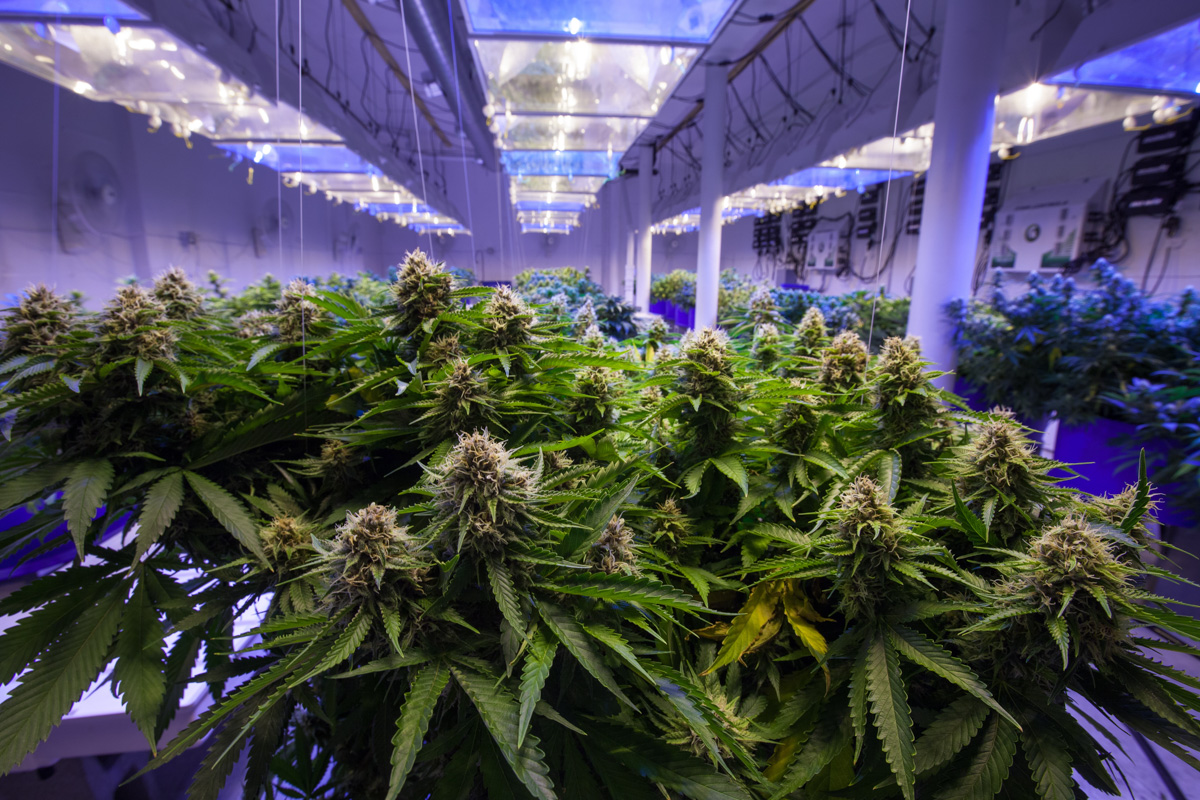by Shamaar Thomas
On March 11, the Washington State Department of Commerce will partner with the Social Equity in Cannabis Task Force to host the first-ever Cannabis Equity Summit at Highline College in Des Moines, Washington. Starting this month, the Washington State Liquor and Cannabis Board (LCB) will release 40-plus retail licenses, and the application window will be open until the end of March. Those who plan to apply can attend the summit to learn how to navigate the cannabis industry.
From instructions on business development to advice from experts, the Cannabis Equity Summit will help aspiring cannabis retail owners with not only the license process, but also with the next steps in operating a cannabis business. This event is the task force’s first major event, with a maximum capacity of 300 people; free registration is required for attendees.
“I think this is a wonderful opportunity for people whose backgrounds were affected by the war on drugs to be able to get into a system that has excluded them,” said Alison Beason, the Department of Commerce’s director for Life Science and Global Health.
Beason is part of the Social Equity in Cannabis Task Force, formed in 2020, which is responsible for making recommendations to the LCB equity practices and establishing the Social Equity in Cannabis Mentorship Program that helps issue cannabis licenses.
In an industry with a history of marginalizing BIPOC, the Cannabis Equity Summit will help attendees learn about the new Social Equity Portal, participate in a Q&A session with the LCB, and network with other entrepreneurs. At 10 a.m., the event will support early-stage entrepreneurs hoping to secure a cannabis retail license.
The Social Equity in Cannabis Task Force sees this event as a way to change the narrative around Washington cannabis owner demographics. 2021 data from the LCB shows that most Washington cannabis retail owners are white in a highly grossing industry, which hit an all-time high of over $1.5 billion in 2021. Only 4% of Washington cannabis retailers are Black-owned, according to King 5 News — a percentage that has not changed since 2020. The task force hopes this event will provide the assistance needed to change this narrative.
This event represents Beason’s vision of equity and her life’s work. She says she has met many people with the skill sets to be successful business owners in cannabis, but because they were part of groups marginalized by the war on drugs, they couldn’t thrive.
“[We’re] creating that extra step, providing that extra support for the community, instead of just saying, ‘Hey, here is a license application,’” she said. The definition of equity varies, but Beason’s lies in providing extra resources for people to get on the same playing field.
“My whole goal in life is that I wanna see people that look like me, my family and friends who had a clientele back in the ’90s and ’80s, who had successful business models, who had the marketing skills,” Beason said. “But just because it wasn’t in the traditional sense, they were put behind bars. How do we flip the script?”
The Summit will be held from 10 a.m. to 4 p.m. on Saturday, March 11, at Highline College, 2400 S. 240th St., Des Moines. Register for the Cannabis Equity Summit on its Eventbrite page.

Shamaar Thomas is a freelance journalist, aspiring to be a full-time reporter/writer in the future. Graduating from the University of Washington with a bachelor’s in journalism and a minor in diversity, Shamaar is excited to continue uplifting community voices with his articles. Washington grown, Shamaar hopes his journalism contributes to positive social change in the Pacific Northwest.
📸 Featured Image: Photo by Canna Obscura/Shutterstock.com
Before you move on to the next story …
The South Seattle Emerald™ is brought to you by Rainmakers. Rainmakers give recurring gifts at any amount. With around 1,000 Rainmakers, the Emerald™ is truly community-driven local media. Help us keep BIPOC-led media free and accessible.
If just half of our readers signed up to give $6 a month, we wouldn’t have to fundraise for the rest of the year. Small amounts make a difference.
We cannot do this work without you. Become a Rainmaker today!

